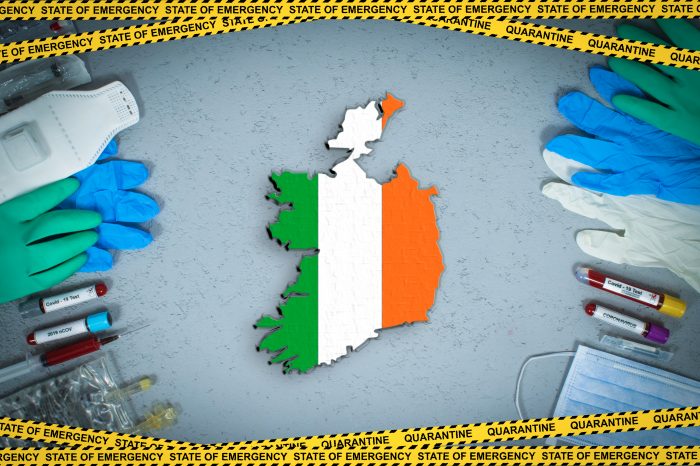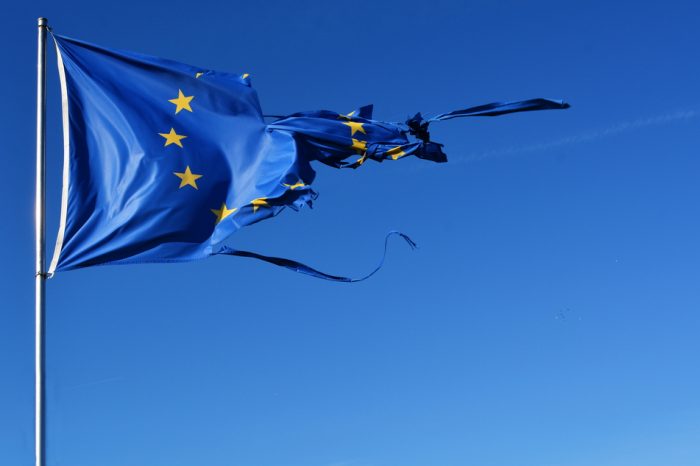Report on “Flexcit” Workshop, 29th April
Several members of the Committee of the Campaign for an Independent Britain were among those attending a workshop at the Farmer’s Club in Westminster, London on Wednesday April 29th. The workshop was originally to have been chaired and hosted by Peter Troy, but he suffered a severe heart attack a couple of days before the event. The two sessions were therefore chaired by CIB’s new chairman Edward Spalton and vice-chairman Anthony Scholefield.
The speakers for the two sessions were Robert Oulds of the Bruges Group and the political analyst Dr Richard North. Robert Oulds explained why the EEA/EFTA model as used by Norway, Iceland and Liechtenstein was the only route to a seamless exit from the EU. While it is not an ideal long-term relationship between an independent UK and the EU, it will prevent job losses and enable the UK to function without any hiccups form day 1 of exit. He showed how “soft” the support for withdrawal is. Many people would prefer to stay in a “reformed” EU, but when businessmen are quoted in the press supporting EU membership, it is the trade aspects that interest them. They are not really interested in the EU’s political agenda. One opinion poll commissioned by the Bruges Group indicated that when the voters are offered a choice between the EU and EFTA – in other words, between a political Europe and a trading relationship – the result is overwhelmingly in favour of EFTA. He stated that senior officials from EFTA have indicated that the UK would be very welcome to re-join.
Richard North’s “Flexcit” presentation emphasised that withdrawal is only the beginning of a process. He pointed out that with the growth in international trade, standards are often decided at a much higher level than the EU. This shoots down David Cameron’s “top table” argument inasmuch as an independent UK would have its own seat at the WTO and various UN bodies. At the moment, the EU negotiates a previously agreed position on behalf of all 28 member states, with France and Germany usually the dominant forces in agreeing what the EU position will be. WE therefore have less influence by being in the EU.
He pointed out the unrealistic approach to withdrawal taken by some individuals. In his proposals, the full acquis, the CFP and the CAP would have to be “repatriated” into UK law to tide us over because of the length of time it will take to devise independent domestic policies. Research he undertook with Owen Patterson MP suggested that at least five years would be required to produce an independent agricultural policy. Also, farmers like the CAP and some are dependent on its subsidies. Britain’s growing population is becoming increasingly and dangerously dependent on imported food and sudden drastic changes to the farm support system would make the situation worse at a time when production needs to be encouraged, not disrupted.
Robert Oulds summarised the picture both speakers were painting: withdrawal was like arriving at Heathrow Airport – the beginning of a journey rather than the destination, (No one goes on a holiday to Heathrow!) Flexcit is a guide to where the journey will lead our country. Time was too short for Dr North to go through the remaining five stages on the journey in detail – addressing the immigration and asylum question, creating a genuine European single market, developing independent policies (including foreign and defence policies, agriculture and fisheries), global trading and finally domestic reform. This final section suffered particularly from the constraints of time, but it is in many ways the most radical and exciting area – a major re-vamp of the entire political system designed to return power to the people and to ensure that the lies and deceit which saw us dragged into the EU can never be repeated again. This will already be familiar to some readers as the Harrogate Agenda
All in all, a stimulating afternoon that generated some interesting question and answer sessions. However, it left many of us wanting to know more. Thankfully, to that end, all participants were given the latest version of the Flexcit document – a full 411 pages – which will make for stimulating reading for us all over the next few weeks. Anyone wishing to download the document for themselves can do so here.
Videos of both sessions will be posted onto the website in the nest week or so. CIB wishes Peter Troy all the best for a speedy recovery.







